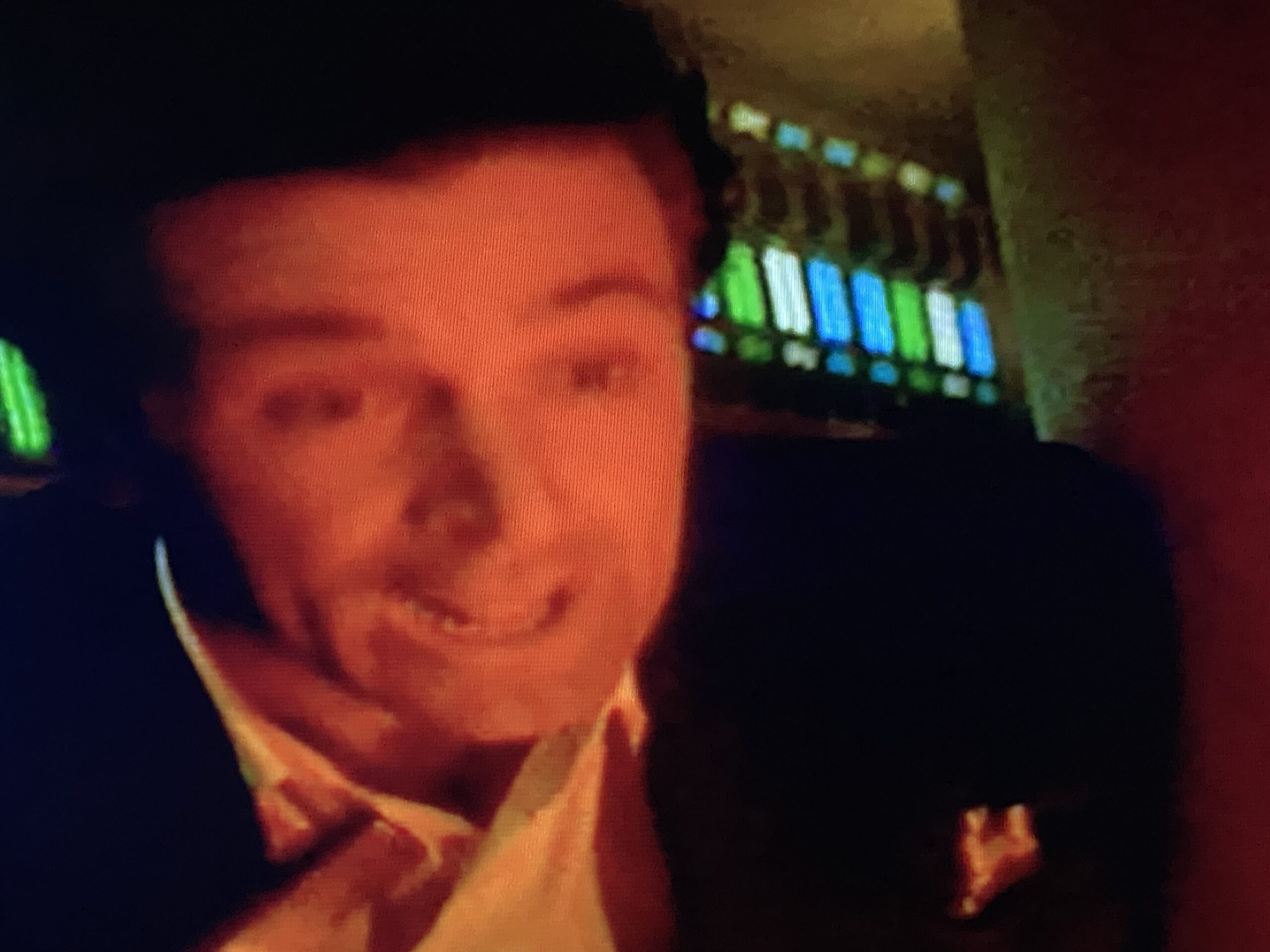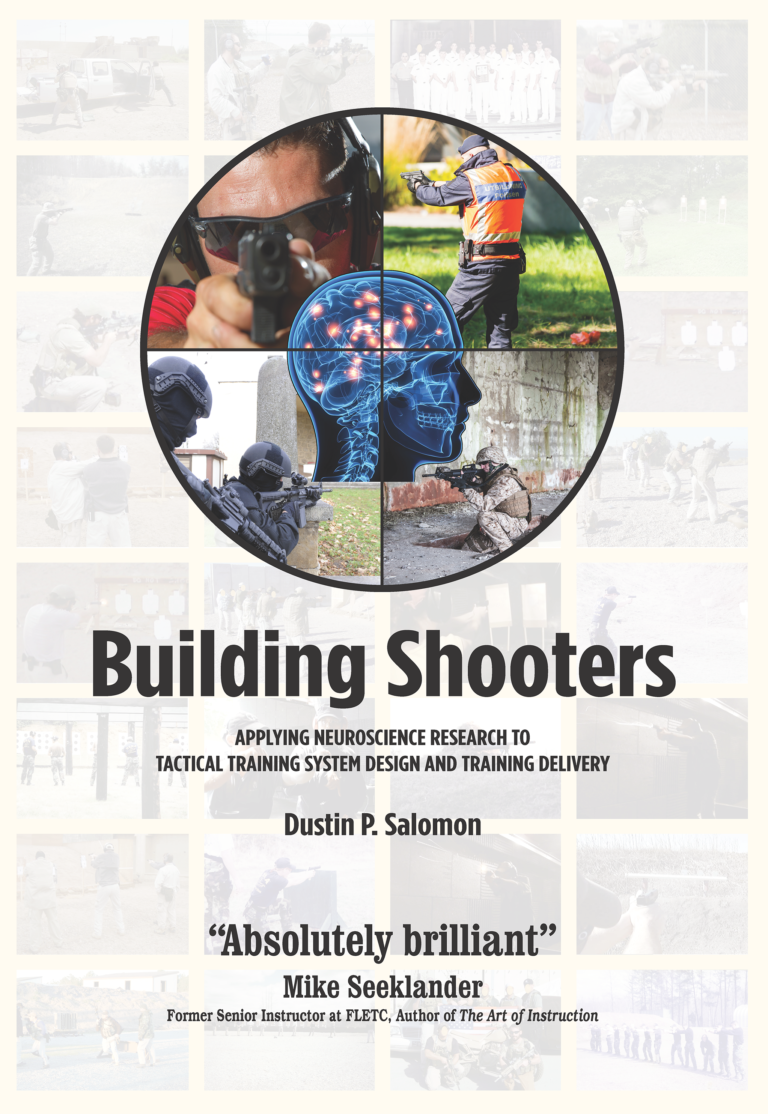Article 060 – Leading members of Hollywood are known for virtue signaling—often with absurd hypocrisy. When it comes to gun safety, they should be held accountable for it.
There is a standard warning that those of us who teach and/or mentor new gun owners and shooters are obliged to share with our students. That is that we are going to ruin Hollywood movies for them.
Part of what makes movies enjoyable (at least ones that try to take themselves somewhat seriously) is a suspension of disbelief on the part of the viewer. We need to believe the story. The more absurd the dialogue, the actions on the screen, the use of tools, and the interactions of the characters are to us as viewers, the more difficult this becomes.
Many leading members of Hollywood are known for preaching and virtue signaling on virtually every subject known to man—often with absurd hypocrisy (such as a certain Academy Award winner who recently gave a speech about love minutes after slapping, allegedly in response to a joke, the emcee of the ceremony).
The Will Smith / Chris Rock dust up is hilariously absurd; however, nowhere is this rank hypocrisy from Hollywood more on display than when it comes to guns. The only thing Hollywood loves more than hating guns publicly appears to be fetishizing guns and gun violence while playing with them on the screen. Yet, most of the actors and directors in Hollywood still appear to know very little about them.
This is frequently true even at the level of basic mechanical operation. When it comes to functional handling, basic gun safety, and responsible gun ownership? Forget about it completely.
Given the story’s place in recent headlines, there is no better example than well-known actor Alec Baldwin, who recently shot and killed a cinematographer on the set of one of his movies. In the aftermath of the fatality, Baldwin and his lawyers are now pushing back against the notion that he exhibited any negligence, or has any culpability for the accident, citing his history of safe gun habits on that and, presumably other, movie sets.
In fact, part of their argument appears to be that, as a mere actor, Baldwin is not reasonably expected to have minimal knowledge of, nor responsibility for, gun safety. Chew on that one.
From one perspective, lawyers defending their client in the face of pending civil litigation is so predictable as to almost be non-newsworthy. On the other hand, the defense itself illustrates just how untethered Hollywood has become from reality.

"I have to be careful what I shoot at?"
Actor Alec Baldwin points a 1911 .45 caliber pistol at his own head during a scene from his hit film The Hunt for Red October.
Consider the still-frame picture above, where Baldwin is pointing a .45 caliber pistol at his own head, as but one single example. It is true that in chaotic and dynamic environments, even highly skilled shooters and gun handlers may sometimes exhibit lapses in muzzle awareness (though seldom will one see something this egregious—even those unfamiliar with firearms rarely need to be told not to point them at their own head).
Still, stuff does legitimately happen in chaotic real-world environments. A mass of humanity tumbling unexpectedly down a caving ladder or flight of stairs, for example, is probably not going to observe every idealistic precept of gun safety. Yet, it bears noting, movies are not real. There are also do-overs in film productions, usually a lot of them.
That this event happened at all in the context and control involved on a movie set is a problem in and of itself, but the situation is even worse than that. This event was captured on film, made it through many rounds of editing, and is included in not just the released version of some film, but in a big-budget blockbuster hit produced by a major studio with A-list actors including Baldwin and Sean Connery.
This individual instance of muzzle awareness failure certainly demonstrates a lack of safety awareness by Baldwin specifically and the cast and crew of this specific movie in general. However, it also plainly shows that the movie industry itself is so ignorant about the subject of guns and gun safety that it is largely incapable of even engaging coherently with the subject matter—even within its own make-believe fantasy world—much less educating anybody else about it.
This is the real problem. It is tempting simply to have the deserved sympathy for the victim and the bereaved in the recent tragedy on the set of Baldwin’s movie Rust, yet to look at the shooting itself as, at worst, a workplace accident resulting from negligence. However, this misses a key fact about Hollywood and its larger role in and impact on society.
The actors and producers of the silver screen, both large and small, may peddle fantasy for our entertainment and their profit; however, they also command the attention of hundreds of millions of people for extended periods of time each day, week, month, and year. This type of exposure is not simply entertainment. It is also education, in the form of observational learning—well known to be one of the most effective methods of long-term social and behavioral development.
Each day, hundreds of millions, if not billions, of people world-wide—many of whom have no competing exposure to firearms and gun safety—are trained by Hollywood on both the large and small screen to use and handle firearms illegally, irresponsibly, and unsafely.
Maintaining both artistic license and the freedom to express ideas and tell stories (even unsavory and unpopular ones) is in our view critically important (freedom of speech, First Amendment and all that). Hollywood must also, however, begin to accept responsibility for the educational impact of its programming and to hold itself accountable for the outcomes it inflicts on society. We hold out no hope of this happening, of course, so the firearms and shooting community should consider helping them along.
We doubt legislation or government intervention could legitimately play a positive role here. Freedom of expression is facing too many challenges as it is—and while we avoid discussing politics on this page, we are fundamentally supporters of our Bill of Rights.
Legislation is not the only option. By placing public pressure on writers, producers, directors, and editors to generate content that provides at least a concept of safe handling and ownership practices via observational learning, perhaps the many highly skilled and experienced members of the shooting community can make a difference for good.
One potential idea is to start a movie review service, non-profit or otherwise, that provides reviews and rankings of both movies and television based on adherence to gun safety and responsible gun handling. The goal would be to create public pressure on the market to improve gun safety.
Think Rotten Tomatoes, but with some real-life social benefits. Movies and shows that fail to demonstrate responsible gun handling and use should be excoriated by those knowledgeable about these subjects—and those involved should be loudly and publicly shamed. Rusty Triggers, anyone?
We considered starting this ourselves, but simply do not have the internal bandwidth to support it at the present time. That said, anyone interested who does have both the time and the interest is encouraged take the ball and run with it or to contact us about things we might be able to provide support and advice on.
It is not just time for a gun safety change in Hollywood, it is time for a reckoning.

